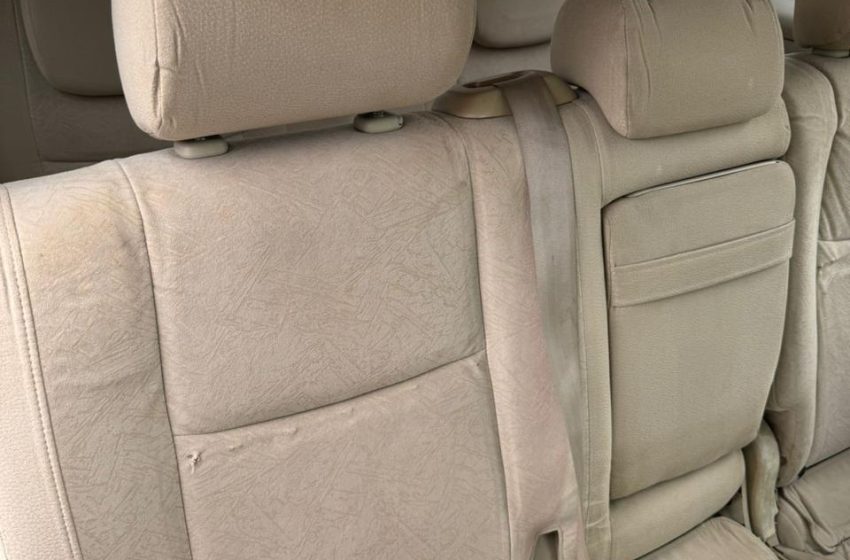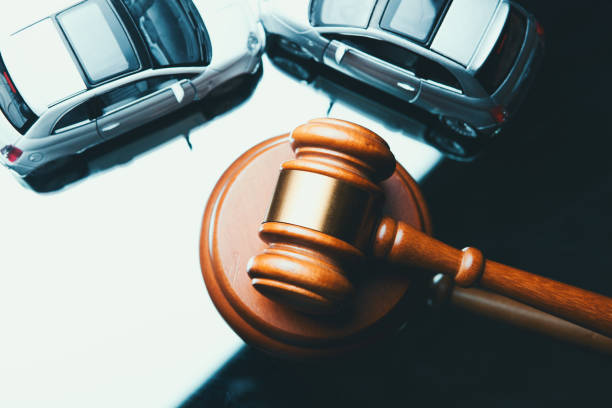Understanding Car Bidding Fees: What You Need to Know

When it comes to buying cars through an auction or bidding platform, understanding car bidding fees is crucial to ensuring you’re prepared for all the costs involved. Car bidding can be an exciting and cost-effective way to acquire a vehicle, but the fees associated with it can sometimes be unclear. These fees vary depending on the platform, location, and the specific auction, but they all play a part in determining the final price you’ll pay for your vehicle. In this blog, we’ll break down the common car bidding fees and help you understand what you need to know before participating in a car auction or bidding event.
1. Registration Fees
Before you can place a bid on a car at an auction, you’ll often need to pay a registration fee. This fee is charged by the auction house or platform to grant you access to the auction and provide you with the necessary tools to place bids. Registration fees typically cover administrative costs and can range from as low as a few hundred rupees to several thousand.
-
Typical Fee Range: PKR 500 – PKR 5,000
-
What It Covers: Access to the auction, bid management, and sometimes catalog access.
2. Buyer’s Premium
The buyer’s premium is one of the most important fees to understand. It is a percentage of the winning bid that is added to the final purchase price of the car. This fee is paid by the buyer, in addition to the winning bid, and is typically collected by the auction house. It can vary greatly depending on the auction, with some houses charging a flat rate, while others charge a tiered percentage.
-
Typical Fee Range: 5% – 10% of the final bid price.
-
Example: If you win a car for PKR 500,000 and the buyer’s premium is 5%, you’ll pay an additional PKR 25,000, making your total cost PKR 525,000.
3. Seller’s Fees
While these fees are usually paid by the seller, it’s important for buyers to be aware of them as they can influence the starting price of a car at auction. The seller’s fees typically cover the cost of listing the car, any necessary inspections, and the auction house’s administrative work. In some cases, these fees may be passed on to the buyer indirectly, affecting the pricing structure.
-
Typical Fee Range: PKR 5,000 – PKR 30,000
-
What It Covers: Listing fees, advertising, inspection fees, and auction house services.
4. Document Transfer Fees
When you win a car at auction, you will need to have the title and registration documents transferred to your name. This process can involve various fees for paperwork, title transfers, and sometimes, emissions or safety inspections. These fees are essential to complete the transaction and make the car legally yours.
-
Typical Fee Range: PKR 2,000 – PKR 15,000
-
What It Covers: Title transfer, paperwork processing, inspection fees (if applicable).
5. Parking Fees
Some auctions may have vehicles available for preview, and while you may not always think about it, parking fees can also be a cost to consider. These are charges for storing your newly won car at the auction site until you can arrange for pickup or transportation. Depending on how long it takes for you to pick up the vehicle, you could be charged for storage.
-
Typical Fee Range: PKR 1,000 – PKR 5,000 per day
-
What It Covers: Daily storage of the vehicle until pickup.
6. Transportation Fees
If you win a car at an auction and cannot drive it away immediately, you may need to arrange for transportation. Many auctions offer delivery services to transport your vehicle to your desired location for an additional fee. Alternatively, you can hire third-party transport companies to move the car.
-
Typical Fee Range: PKR 3,000 – PKR 20,000 (depending on distance)
-
What It Covers: Transporting the vehicle from the auction house to your location.
7. Inspection Fees
While some auctions allow you to inspect the car before bidding, others may charge a fee for this service. Some auctions offer pre-purchase inspection services to help buyers assess the car’s condition before placing a bid. These fees vary based on the level of inspection provided and whether the auction is offering this service on-site or through a third-party inspection agency.
-
Typical Fee Range: PKR 1,000 – PKR 5,000
-
What It Covers: Mechanical and body inspection, vehicle history report.
8. Reserve Price
In some auctions, cars are sold with a “reserve price,” which is the minimum price the seller is willing to accept. If bidding does not meet or exceed this reserve price, the auction house may not sell the car, and you may not be able to win the auction. While this is not a fee, it can influence your bidding strategy, as you may need to bid higher to meet the reserve price and win the car.
-
What It Covers: Minimum price set by the seller that must be met for the car to be sold.
9. Late Payment Fees
If you fail to make payment by the deadline specified in the auction terms, you could incur late payment fees. These fees can add up quickly, so it’s essential to ensure that you can pay for the car within the required timeframe. Late fees can also include penalties for failure to remove the vehicle within the stipulated pickup window.
-
Typical Fee Range: PKR 2,000 – PKR 10,000 per day
-
What It Covers: Fees for delayed payment or vehicle pickup.
10. Taxes
Depending on your location and the vehicle’s specifications, there may also be taxes applied to your purchase. Sales tax, registration tax, or VAT are common forms of taxation that you will need to pay. Be sure to account for these costs in your overall budget for buying a car at auction.
-
Typical Fee Range: Variable based on car price, location, and tax rates.
-
What It Covers: Sales tax, VAT, registration fees, and other government taxes.
Conclusion
Car bidding can be an exciting way to find your next vehicle, but understanding the associated fees is essential to making an informed decision. Always read the terms and conditions of the auction beforehand to ensure you’re aware of all the potential costs. Be sure to budget for registration fees, buyer’s premiums, taxes, and any other potential charges to avoid surprises when it’s time to make your purchase. With the right knowledge, you can confidently participate in car auctions and get the best deal possible!




